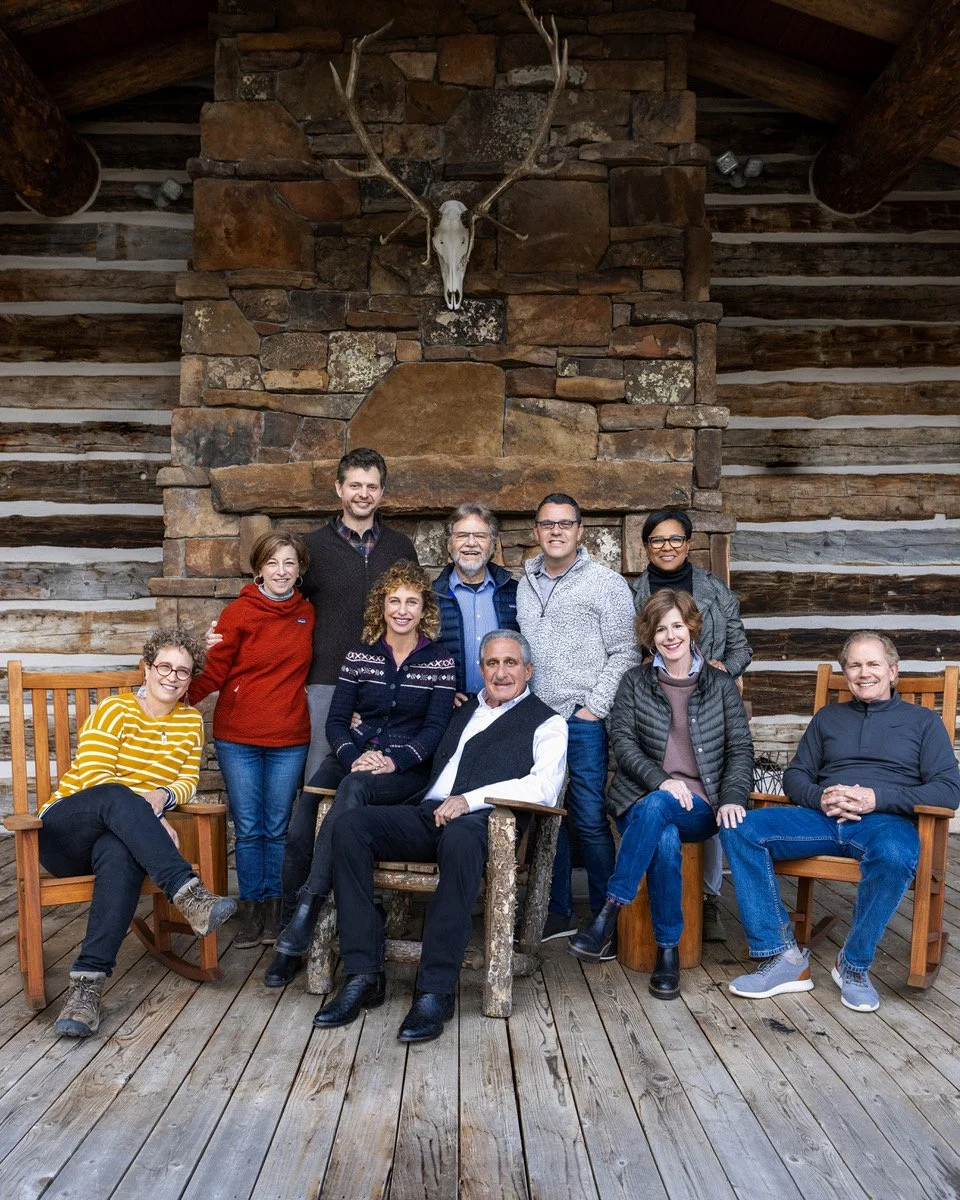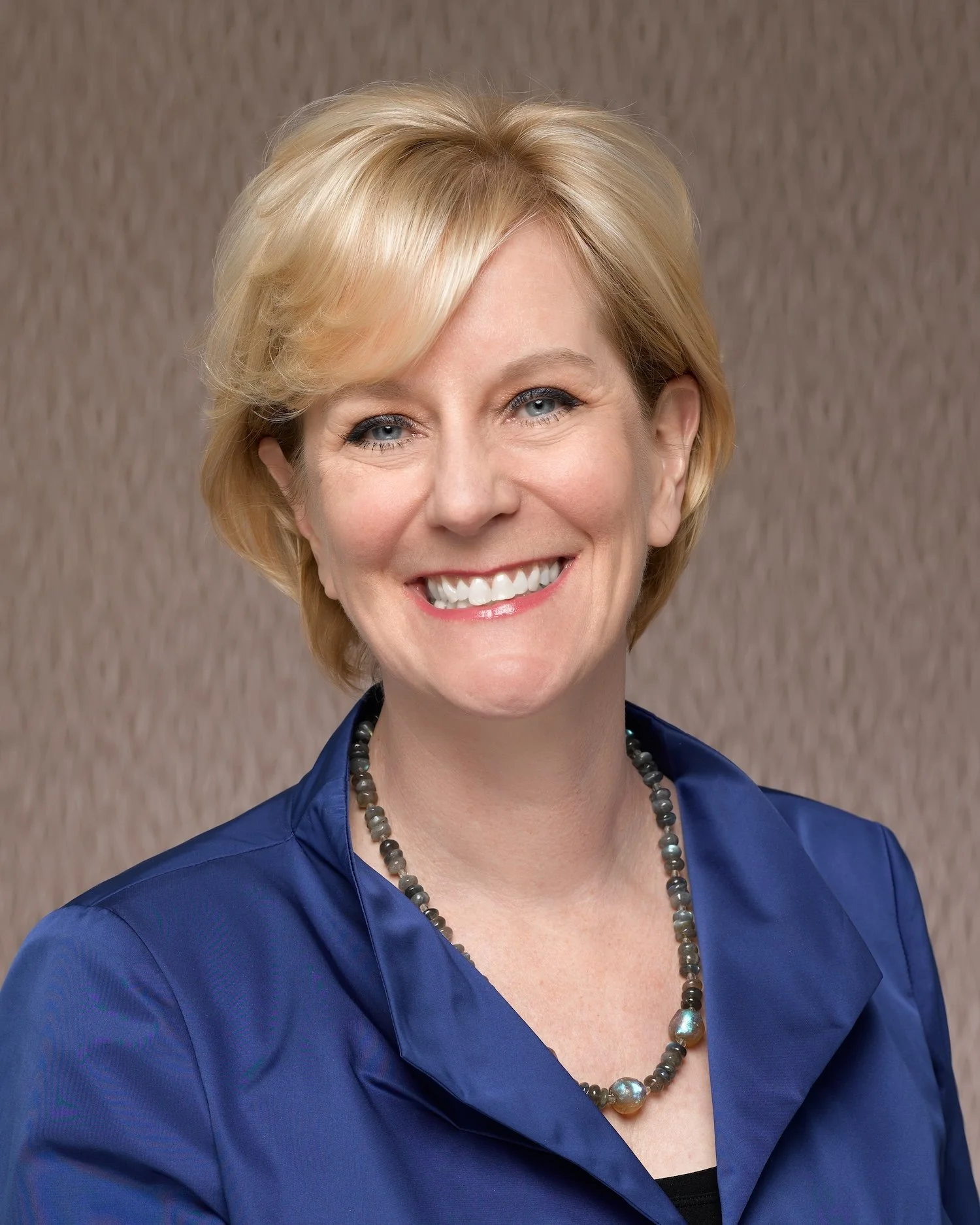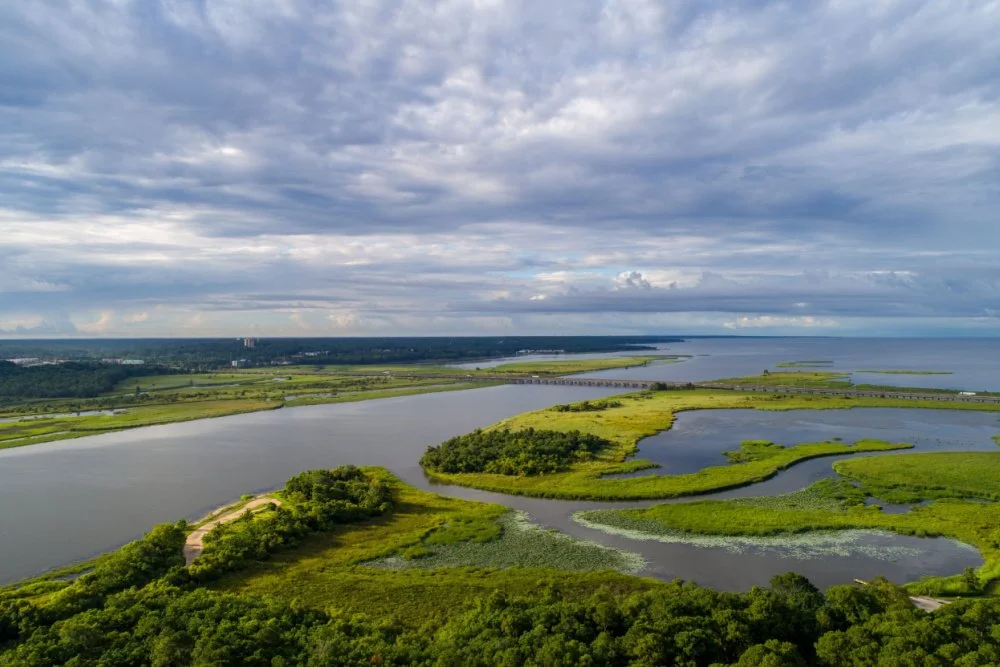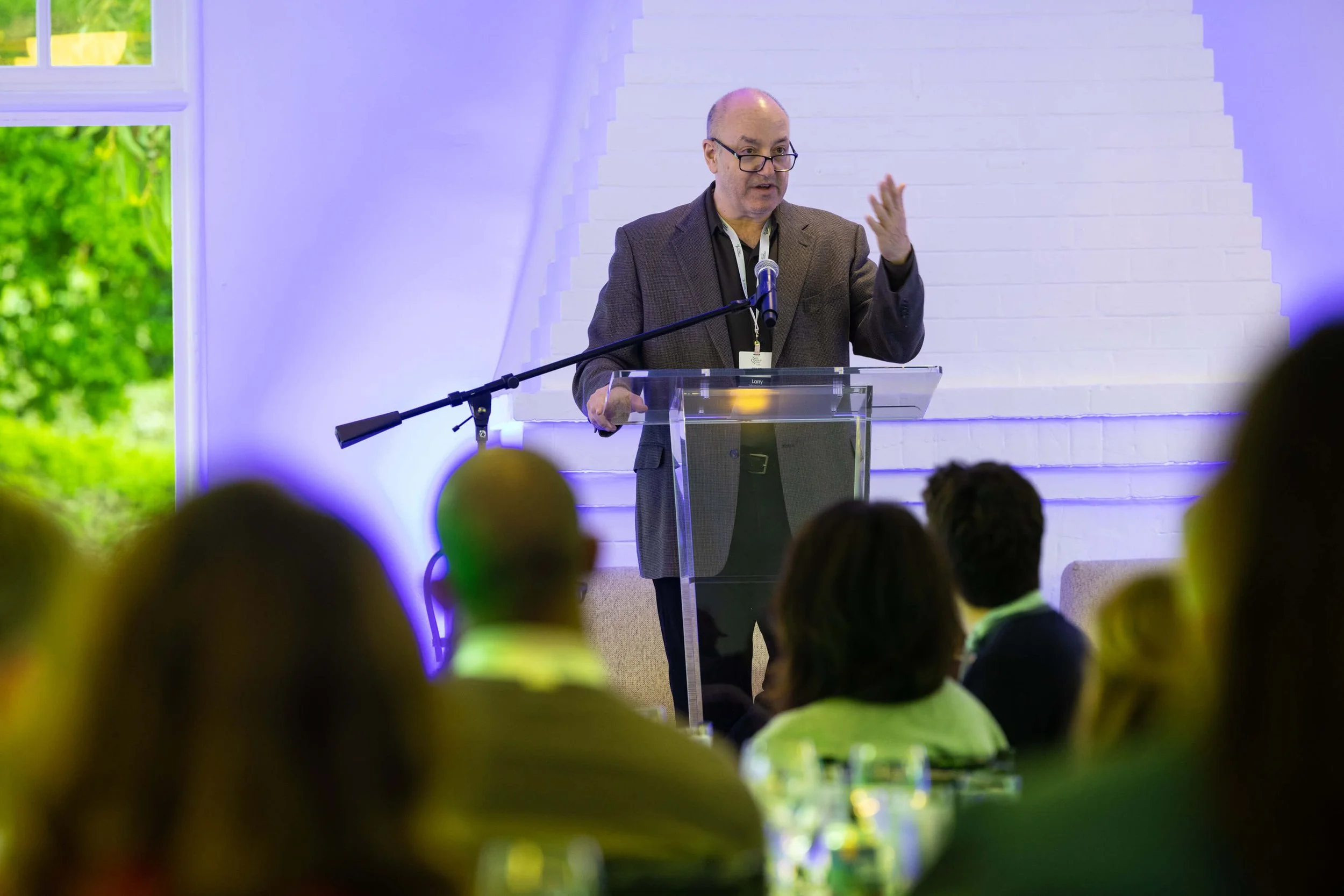A Bipartisan Climate Campaign Lands Another Big Gift. But Will It Fly?
/photo: Pictureguy/shutterstock
The National Audubon Society has been shaking things up, and drawing a lot of philanthropic attention as a result. Changes have included a bunch of organizational and tech improvements, but one of the most interesting moves has been a full-throated embrace of fighting climate change as part of its sharpened conservation agenda.
While Audubon boasts some of the nation’s biggest foundations on its donor list, the latest influx of funds comes from an unexpected source. The Overlook International Foundation is a small, off-the-radar family funder that recently gave a $10 million gift to Audubon’s huge climate campaign.
The donation is among the biggest in Audubon’s history, which underscores the draw of this century-plus-old, historically moderate organization taking on the issue so aggressively.
The group got serious about climate change around 2014, when it released a report that found 50 percent of North American birds are at risk because of global shifts in habitats. Audubon launched a five-year initiative that made climate one of its top priorities, and donors responded.
Related: With Birds at Risk, Audubon Jumps Into Climate Issues in a Big Way—With Big Funders
It’s drawn large grants from major climate funders like McKnight, the Energy Foundation, and Skoll Foundation. The MacArthur Foundation, as part of its big climate funding ramp-up, gave the group a $9 million grant. MacArthur’s attraction to the program is likely driven by Audubon’s bipartisan, chapter- and nature center-based makeup, as the funder has prioritized education and engagement at local levels to break down partisan resistance on the issue.
Organizations fostering bipartisanship on climate change have their work cut out for them, as a recent Gallup poll found that Republican opposition is actually worsening. While overall polling is gradually getting better, fewer Republicans believe in scientific consensus on climate change, and only a third in the party worry about climate change and believe it is caused by human activities (compared to nine out of 10 Democrats).
That’s one area where Audubon thinks it can have an impact on the problem, as its bird-loving membership is politically mixed, with 45 percent identifying as moderate to conservative. That number’s much higher in some states, and the group has a local presence all over the country. Its climate strategy involves state and local campaigns, grassroots organizing, and conservation science. Audubon’s expertise in birds makes it particularly well-suited to help with siting of wind and solar projects.
The organization’s fundraising is up, with $90.5 million in contributions, grants and bequests in 2017, compared to $70.9 million in 2014.
The Overlook International Foundation presents further evidence of the appeal of this angle for donors. A virtual unknown with very little online or public presence, Overlook was founded by Richard H. Lawrence Jr. and Dee Lawrence. The former is head of Overlook Investments Group, and last year joined Audubon’s board of directors (that’s right, another finance guy who’s into the environment).
The foundation gave $9.6 million in 2016, and just $2.6 million in 2015, with the biggest grants backing schools and Lawrence’s own carbon-reduction nonprofit Cool Effect. So this is a serious move for the foundation, and one the family must strongly believe in.
Audubon’s got an interesting tightrope to walk, here. While their membership is mixed thanks to the bipartisan love of birds, climate change is yet another issue that's become a litmus test of tribal political loyalties in an era of intense polarization. The modern Republican party’s climate denial and overall abysmal environmental record means the group has to hit the GOP pretty hard. But how can Audubon do that without triggering a reflexive reaction? Can it succeed at softening conservative members’ views on climate, or will they tune out or walk away?
Either way, from a moral standpoint, it’s encouraging to see a group like Audubon embrace this issue as a matter of common sense, and for the survival of much of the nation’s bird population.







































